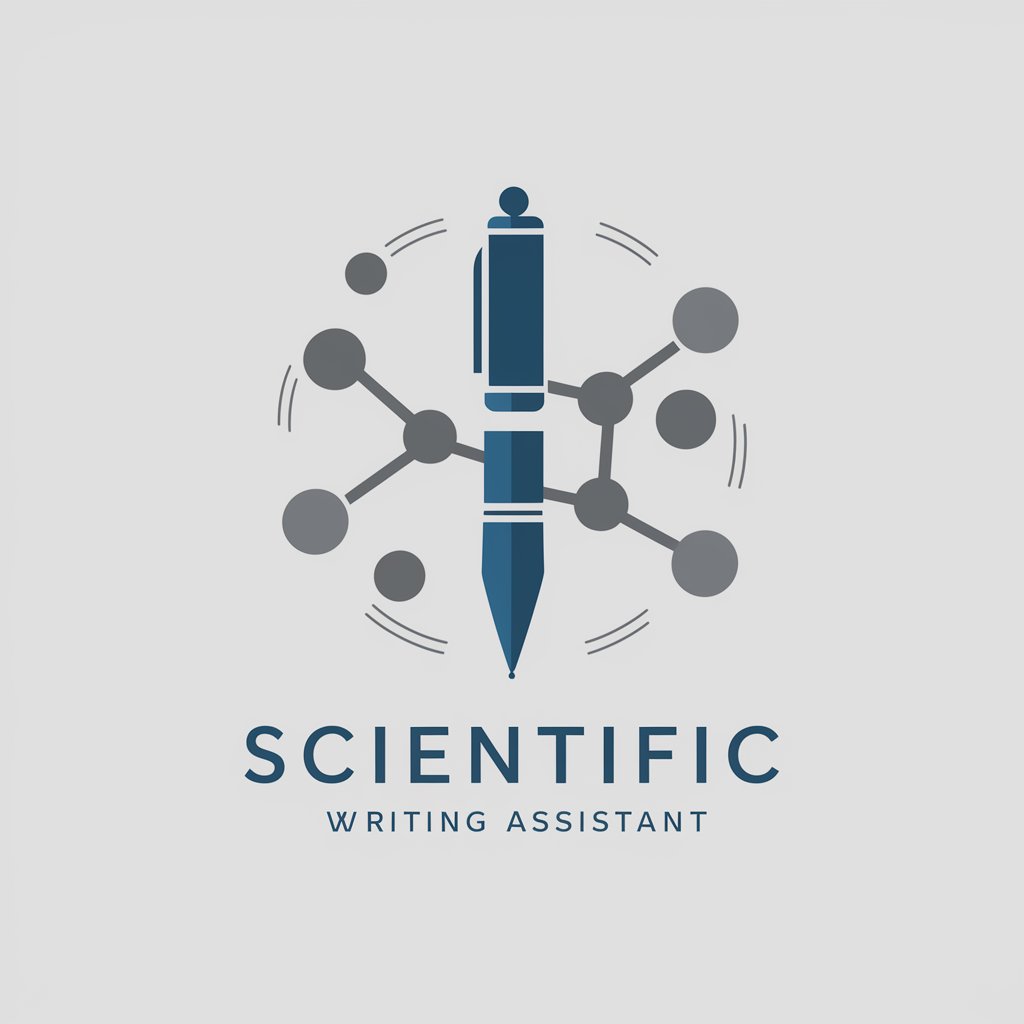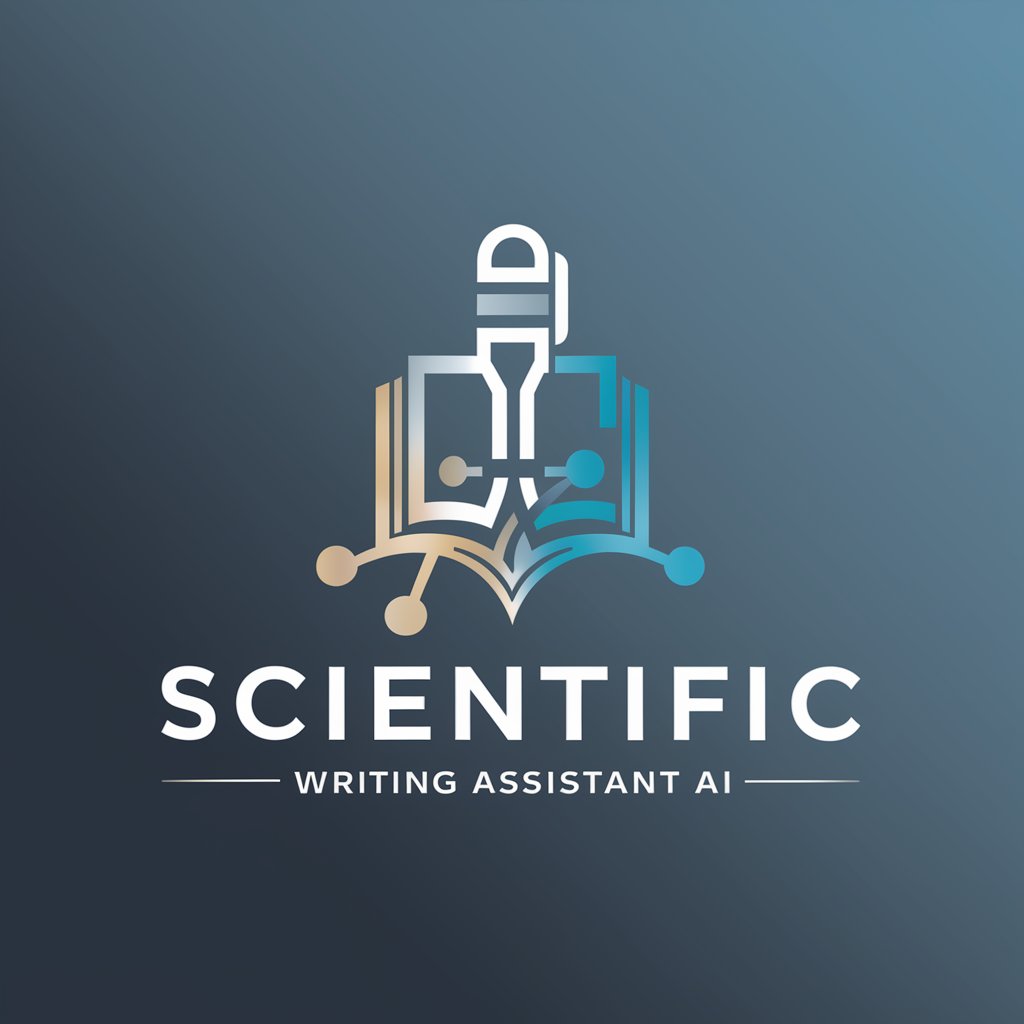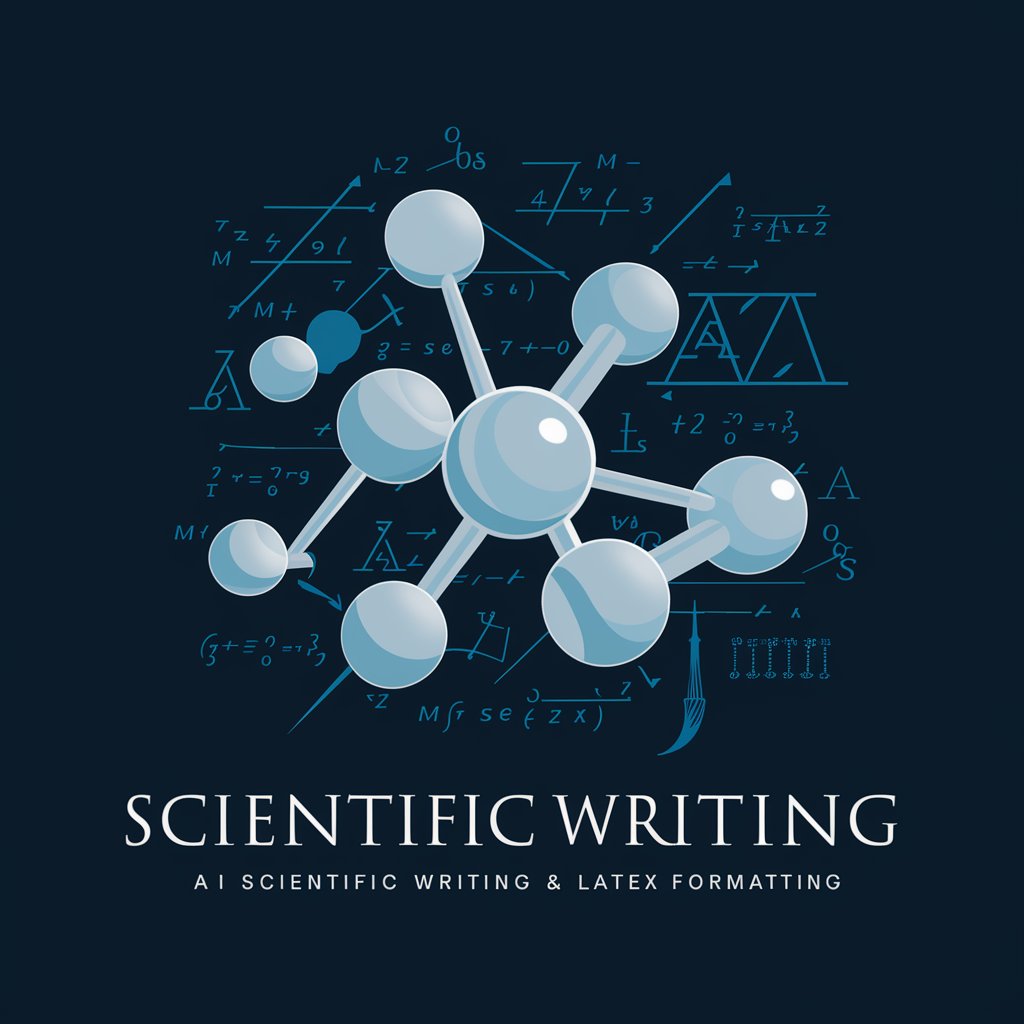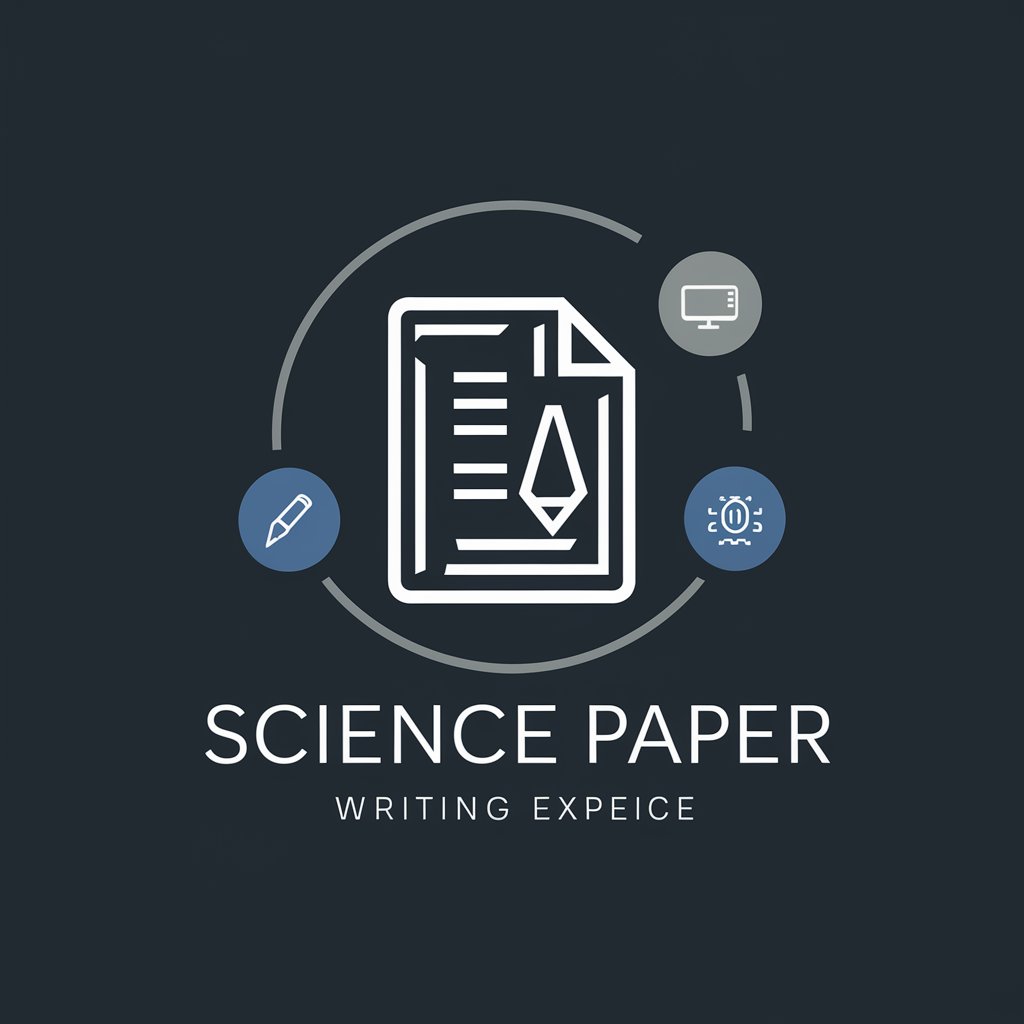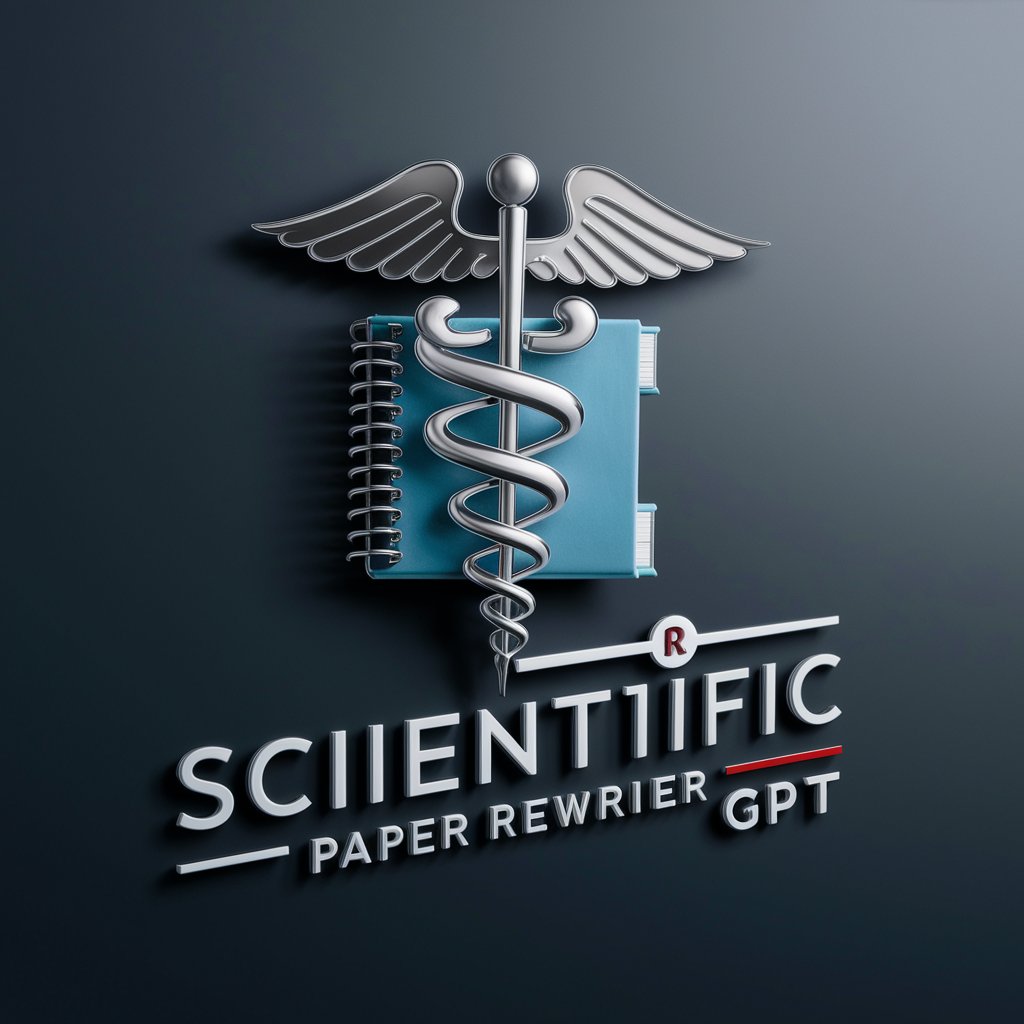
Scientific Writing - Scientific Writing Enhancement
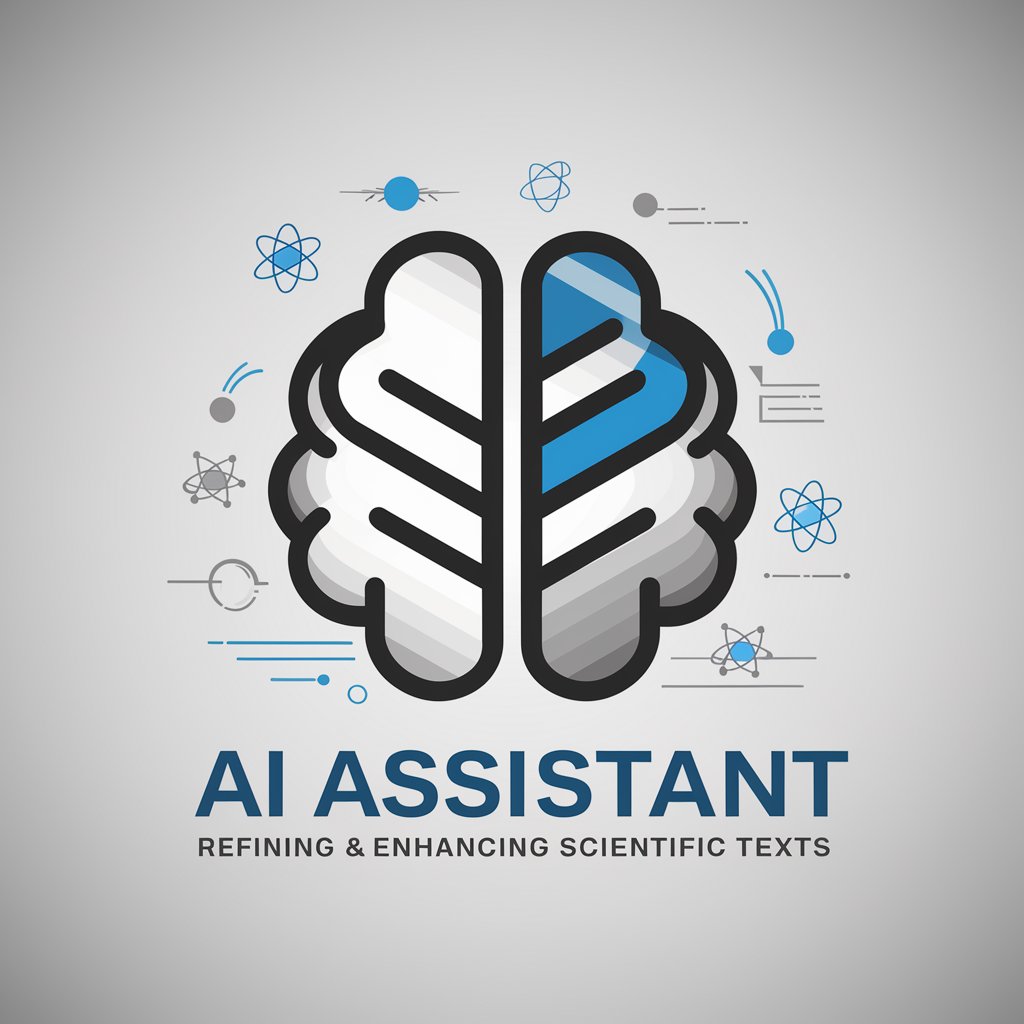
Welcome to Scientific Writing Assistant.
Elevating Science Through AI-Powered Writing
Enhance the clarity of this scientific abstract by ensuring concise and precise language.
Organize this research paper's introduction to improve the logical flow and coherence.
Refine the discussion section to better link the results back to the research questions and hypotheses.
Suggest improvements for maintaining a formal and objective tone in this scientific report.
Get Embed Code
Overview of Scientific Writing GPT
Scientific Writing GPT is a specialized AI tool designed to assist in the refinement of scientific texts. It operates by enhancing the clarity, coherence, and academic tone of scientific documents while preserving the integrity of the original scientific content. This tool is particularly adept at recognizing and aligning with the conventions of scientific writing, which include precision, formal structure, and a clear, unambiguous expression of scientific ideas. For example, if a researcher submits a draft of a scientific paper, Scientific Writing GPT would review the text for clarity, accuracy of scientific terminology, and overall coherence. It would make suggestions for improvement, such as rephrasing sentences for better clarity, suggesting more precise scientific terms, or reorganizing content for logical flow. Powered by ChatGPT-4o。

Key Functions of Scientific Writing GPT
Enhancing Clarity and Coherence
Example
Rephrasing complex sentences in a research paper to make them more understandable while retaining scientific accuracy.
Scenario
A researcher struggles to express complex biochemical processes in an accessible manner. Scientific Writing GPT suggests simpler phrasing and structures to improve readability without losing scientific integrity.
Maintaining Formal and Precise Tone
Example
Suggesting formal and specific terminology in place of colloquial or vague language in a scientific report.
Scenario
An academic is drafting a journal article and uses casual language in some sections. Scientific Writing GPT identifies these instances and proposes more formal, precise alternatives appropriate for an academic journal.
Structuring Scientific Arguments
Example
Advising on the organization of arguments and evidence in a logical, coherent manner in a research proposal.
Scenario
A graduate student preparing a thesis proposal has difficulty in structuring their arguments. Scientific Writing GPT assists in organizing the content to ensure a logical flow and clear presentation of research questions and hypotheses.
Target User Groups for Scientific Writing GPT
Researchers and Academics
This group includes individuals involved in scientific research and academic writing. They benefit from the tool's ability to refine complex scientific content, making it suitable for publication in academic journals or presentations at conferences.
Students in Scientific Disciplines
Students, especially those at the undergraduate, graduate, or postgraduate level, can use this tool to improve their thesis, dissertation, or any scientific coursework. It helps them in adhering to academic writing standards and effectively communicating their research.
Science Communicators and Educators
These professionals, including science writers, journalists, and educators, can utilize Scientific Writing GPT to distill complex scientific information into formats that are more accessible to a wider audience, while maintaining scientific accuracy.

Guidelines for Using Scientific Writing
Step 1
Begin your journey by visiting yeschat.ai for a free, no-login trial experience, offering a hands-on introduction to Scientific Writing's capabilities.
Step 2
Familiarize yourself with the tool's features, such as text correction, enhancement, and organization, focusing on scientific documents and reports.
Step 3
Utilize Scientific Writing for refining your scientific texts. Input your draft text and receive suggestions on improving clarity, coherence, and academic tone.
Step 4
Apply the tool's advice on structuring scientific arguments, selecting appropriate technical vocabulary, and maintaining a formal and precise writing style.
Step 5
Regularly use Scientific Writing for your academic or research-related writing tasks, incorporating feedback for continuous improvement and adherence to scientific writing standards.
Try other advanced and practical GPTs
Prompt Injection Maker
Mastering AI Safety Through Prompt Hacking

Fasting
Unlock Health Benefits with AI-Powered Fasting

Knowledge Compiler
Unleash the power of AI knowledge compilation.
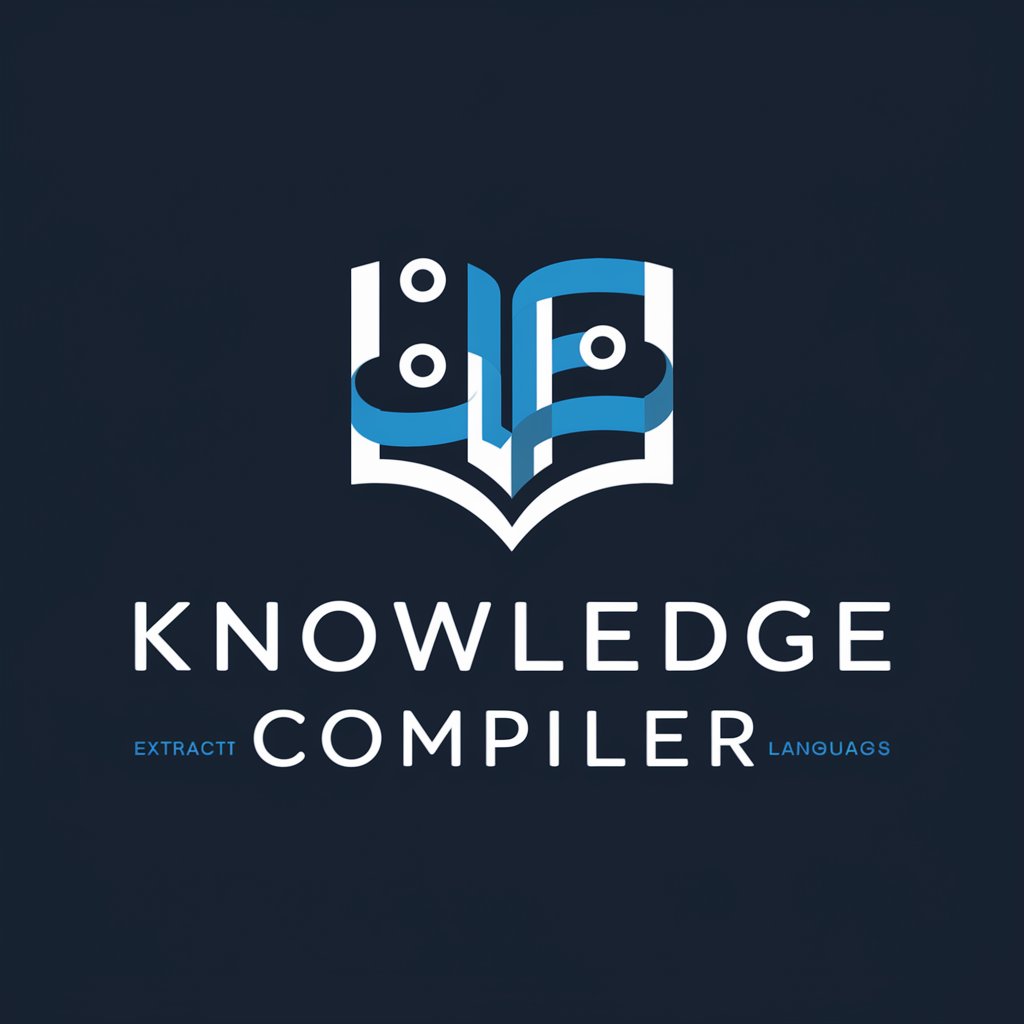
Web3 Seminar
Empowering insights through AI-driven Web3 exploration.

Gauss DocGPT
Unlocking Document Insights with AI

Designer
Design smarter with AI-powered visualization.

Text Craft AI
Empowering Creativity with AI
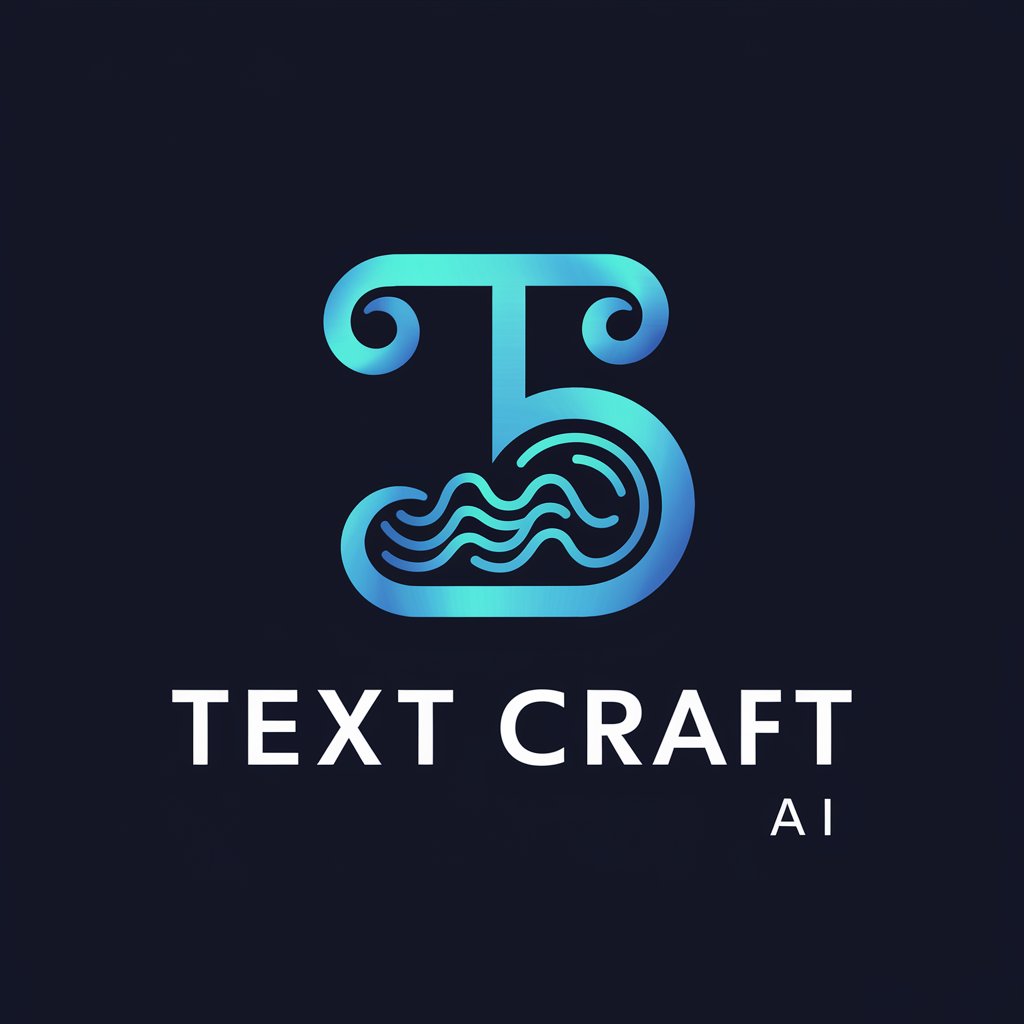
Career Finder
Empower Your Career with AI-Driven Insights

Game Master
Game Master: AI-powered gaming insights.

Legal Companion
Your AI-powered legal advisor

BusinessMakerGPT
Crafting Your Business Success with AI

AceHub
Empowering Tasks with AI Assistance

Frequently Asked Questions about Scientific Writing
What types of documents can Scientific Writing enhance?
Scientific Writing is designed to refine a wide range of scientific documents, including research papers, reports, thesis submissions, and any text related to scientific disciplines.
How does Scientific Writing maintain the integrity of scientific content?
The tool focuses on enhancing clarity and coherence without altering the original scientific data or content. It respects the integrity of your scientific findings and arguments.
Can Scientific Writing assist with non-native English scientific writing?
Yes, it is particularly useful for non-native English speakers, offering guidance in using technical vocabulary and maintaining a formal, academic tone in English.
Is Scientific Writing suitable for all scientific disciplines?
Yes, it is versatile and can be used across various scientific disciplines, adapting to the specific language and conventions of each field.
What makes Scientific Writing different from general writing tools?
Unlike general writing tools, Scientific Writing is tailored for the scientific community, focusing on the nuances of scientific terminology, argument structure, and the precision required in scientific discourse.
